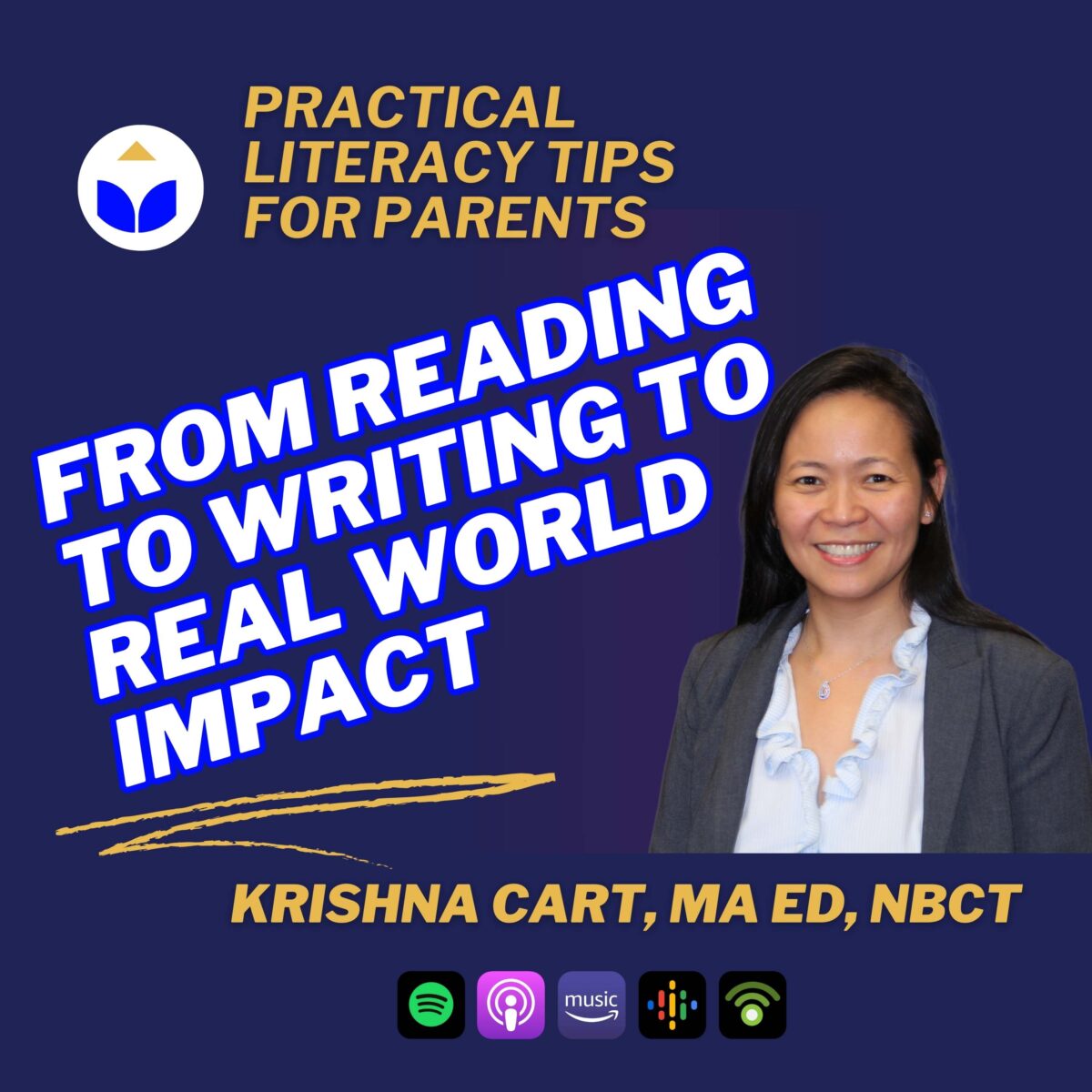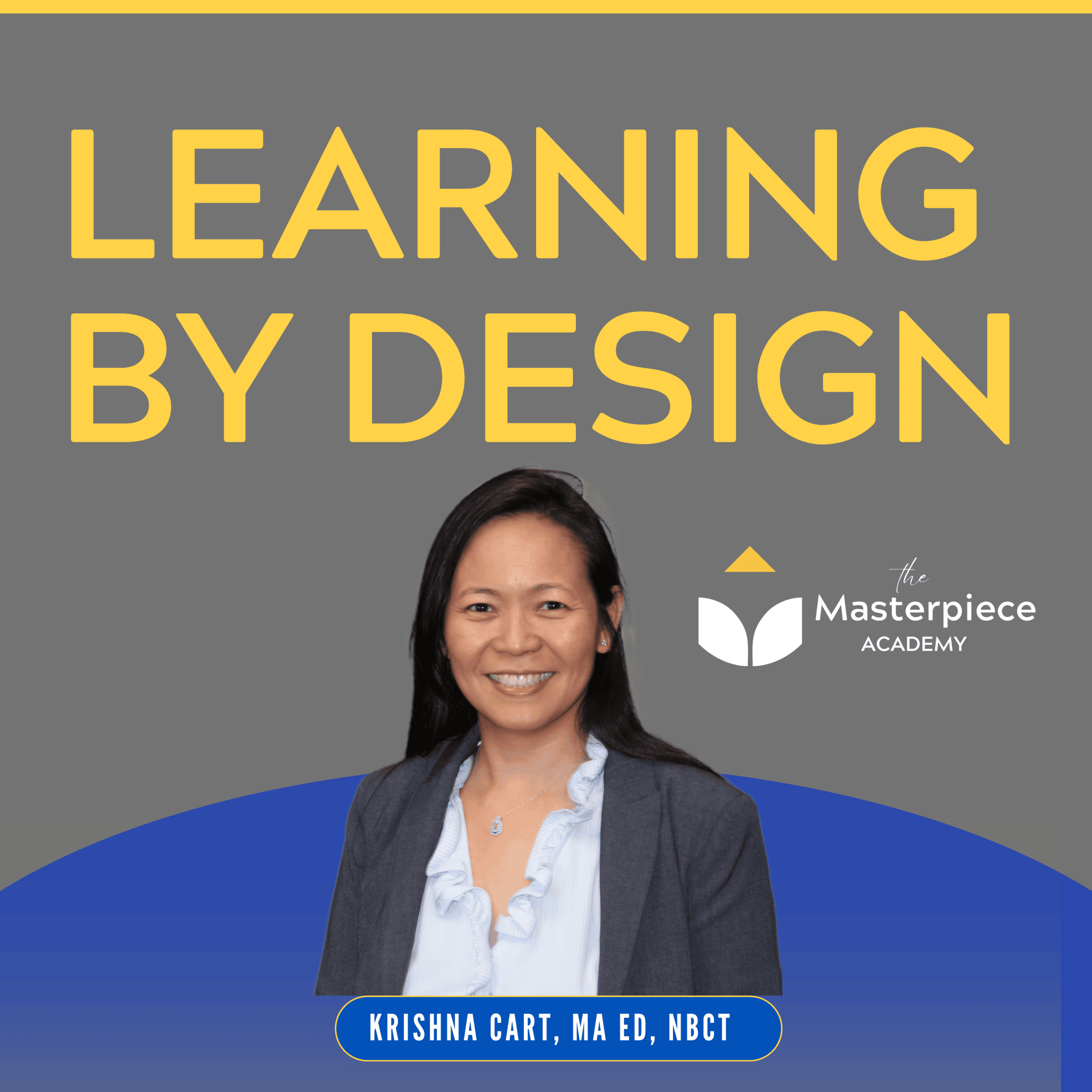How to Support Your Teen’s Personal Statement: Tips and Guidance for Families Navigating College, MATA, Scholarships and Internships

Writing a personal statement is one of the most meaningful parts of a student’s college or technical program application—but it can also be one of the most stressful, for both teens and their parents.
In Episode 9 of the Learning by Design podcast, I talked about how families can help students write strong, authentic personal statements for college, scholarships, internships, and programs like MATA (Monroe Advanced Technical Academy). Listen to the full episode.

Why Personal Statement Matters
A personal statement is one of the few parts of an application where a student gets to use their own voice. It’s their chance to say: Here’s who I am. Here’s what I care about. And here’s why this path matters to me.
Whether it’s for a college application or a technical program like MATA, a strong personal statement can be the difference between blending in and standing out.
What Makes a Personal Statement Strong
- Clarity on “Why This Path?”
Admissions teams want to see that students understand what they’re applying for—and why. What sparked their interest in this field? What have they done to explore it?
- A Personal Story
Generic statements like “I’ve always liked science” don’t cut it. Specific experiences—like rewiring an HVAC system or volunteering at a shelter—reveal character, curiosity, and growth.
- Reflection, Not Perfection
What did they learn from that moment? How did it shape them? Even small setbacks or challenges can become powerful stories if they show resilience and insight.
- Authentic Voice
The most impactful essays sound like the student—not a polished adult. A quiet, thoughtful teen should sound like just that. Their voice matters more than any big vocabulary.
The Role of Parents: Support without Steering
Parents, our role is not to write or edit—but to ask the right questions, help your teen reflect, and remind them that they already have a story worth telling.
Here are a few ways you can help:
- Ask: What’s something you’ve done that made you proud?
- Discuss: What’s a challenge you overcame—and what did it teach you?
- Support: Help organize drafts and deadlines without taking over.
And most importantly, affirm their voice. As I shared in the episode, “Words have power.” The way you speak to your child about their story can lift them up or shut them down.
Literacy Starts at Home
All those years of reading aloud, journaling, and talking at the dinner table? They weren’t just good parenting—they were prep work for this moment.
As I mention in the podcast, literacy habits build:
- Vocabulary and voice (through reading)
- Fluency and self-reflection (through writing)
- Storytelling skills (through everyday conversation)
If your child can tell a good story out loud, they’re halfway to writing one.
What Teens Really Say Help Them Write
The Pew Research Center’s report on teen writing sheds light on what actually motivates young people to engage in meaningful writing. According to the study, teens feel most encouraged when:
- Adults value their ideas and listen to their voice
- They have authentic audiences beyond the classroom
- They’re given freedom to express themselves creatively
These findings reinforce what we talk about in the podcast: students don’t need perfect grammar or big words—they need space to reflect, connect, and feel heard.
As parents, the best thing we can do is ask thoughtful questions, stay curious, and trust their voice.
We’ve built specific, self-paced resources to help students write essays for both college and MATA applications—including PSAT and SAT prep tools.
Whether you’re just starting or need support polishing a final draft, we’ve got tools to guide your student every step of the way.



